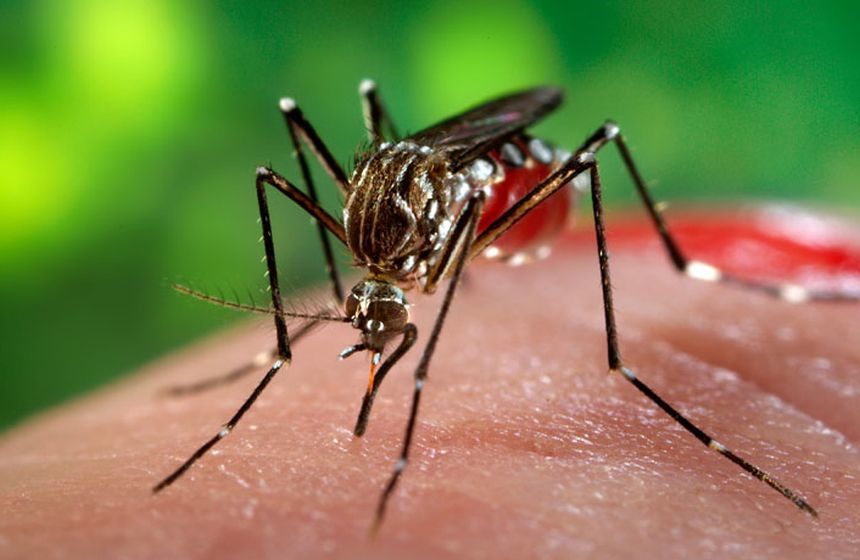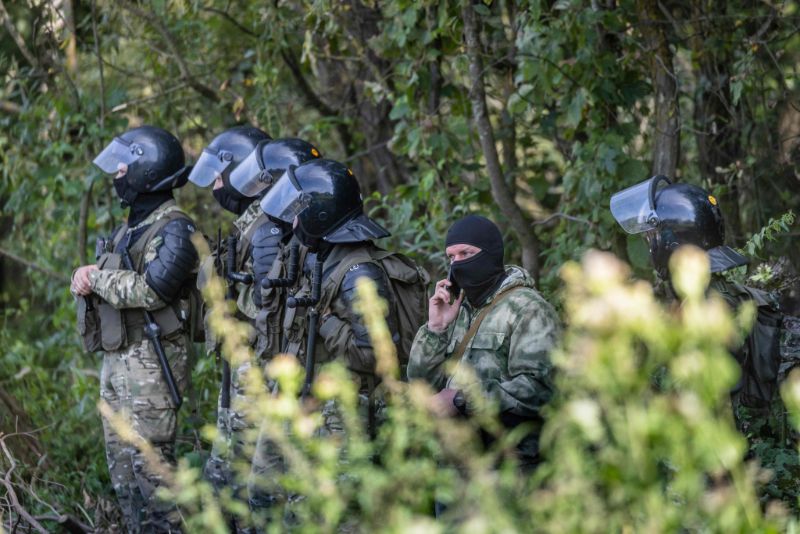A new approach to protecting African children from malaria could reduce deaths and illnesses by 70%, according to a study published in the New England Journal of Medicine.
The study looked at 6,000 children under the age of 17 months in Burkina Faso and Mali. Most of the 400,000 deaths associated with malaria recorded annually are recorded in the 0-5 year age group.
Mosquito-borne disease is still a serious health problem in many parts of sub-Saharan Africa.
Researchers in London said that administering a vaccine against parasites that multiply in the liver in combination with medicines to prevent malaria had “amazing” results when the children were most vulnerable.
The study focused on administering a vaccine developed 20 years ago to very young children and anti-malarial drugs in the rainy season, when mosquitoes multiply.
“It worked better than I thought it would,” said Professor Brian Greenwood, a member of the research team at the London School of Hygiene & Tropical Medicine (LSHTM), which led the study. “There were fewer hospitalizations, fewer deaths in both countries, and we really didn’t expect to see that.”
Over three years, it has been found that three doses of vaccine and drugs given before the season in which malaria increases the most, followed by an additional dose before the next rainy season have controlled infections much better than the vaccine or drugs, separately. . Researchers say this could save millions of lives in the Sahel.
Among the children who received doses of vaccine and medication were 624 cases of malaria, 11 developed severe forms of the disease and were treated in hospitals, and three deaths were recorded.
In the case of a similar number of children who received only preventive drugs, 1,661 cases of malaria, 37 hospitalizations, 11 deaths associated with the disease were registered.
The scientists said the combined effects of the vaccine and drugs under study appear to be surprisingly strong.
The RTS, S vaccine – created by GlaxoSmithKline over 20 years ago – kills parasites that multiply very rapidly in the liver, while anti-malarial drugs target parasites in red blood cells.
Influenza vaccines have been used seasonally for many years to protect people before winter, but it has rarely been tested for malaria.
Dr Pedro Alonso, director of the global malaria program at the World Health Organization, said: “We welcome this innovative use of the malaria vaccine to prevent disease and death in high seasonal areas of Africa.”
The vaccine has already reached more than 740,000 children in Ghana, Kenya and Malawi as part of a routine vaccination program for children.
Mali scientists say they are waiting for a “policy decision” from the WHO for this new approach.
No worrying side effects were reported in the study.
The children involved will continue to receive vaccines, medicines or both until the age of 5, and new study data will be published next year.
The above article is for your personal information only. If you represent a media institution or company and would like an agreement to republish our articles, please email us at [email protected].
– .


